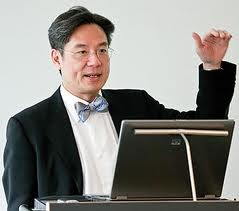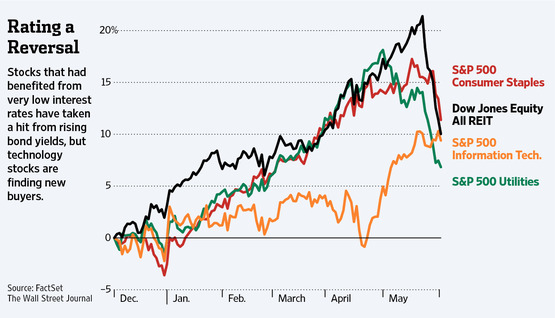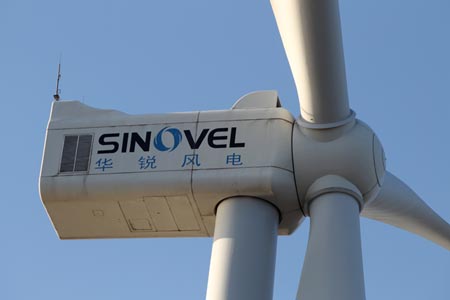Be Like Water: The Philosophy and Origin of Bruce Lee’s Famous Metaphor for Resilience

Bruce Lee (right) with his only formal martial art instructor, Yip Man
“In order to control myself I must first accept myself by going with and not against my nature.”
With his singular blend of physical prowess and metaphysical wisdom, coupled with his tragic untimely death, legendary Chinese-American martial artist, philosopher, and filmmaker Bruce Lee (1940-1973) is one of those rare cultural icons whose ethos and appeal remain timeless, attracting generation after generation of devotees. Inspired by the core principles of Wing Chun, the ancient Chinese conceptual martial art, which he learned from his only formal martial arts teacher, Yip Man, between the ages of thirteen and eighteen. When he left Hong Kong in 1959, Lee adapted Wing Chun into his own version, Jun Fan Gung Fu – literal translation: Bruce Lee’s Kung Fu – and popularized it in America. In 1971, at the peak of his career, Lee starred in four episodes of the short-lived TV series Longstreet. In one of them, he delivered his most oft-cited metaphor for the philosophy of Gung Fu: But the famed snippet belies the full dimensionality of the metaphor and says nothing about how Lee arrived at it. Luckily, in Bruce Lee: Artist of Life (public library) – a compendium of his never-before-published private letters, notes, and poems, offering unprecedented insight into his philosophy on life and his convictions about martial arts, love, and parenthood – Lee traces the thinking that originated his famous metaphor, which came after a period of frustration with his inability to master “the art of detachment” that Yip Man was trying to impart on him. Lee writes: When my acute self-consciousness grew to what the psychologists refer to as the “double-bind” type, my instructor would again approach me and say, “Loong, preserve yourself by following the natural bends of things and don’t interfere. Remember never to assert yourself against nature; never be in frontal opposition to any problems, but control it by swinging with it. Don’t practice this week: Go home and think about it.”
And so he did, spending the following week at home:
After spending many hours meditating and practicing, I gave up and went sailing alone in a junk. On the sea I thought of all my past training and got mad at myself and punched the water! Right then – at that moment – a thought suddenly struck me; was not this water the very essence of gung fu? Hadn’t this water just now illustrated to me the principle of gung fu? I struck it but it did not suffer hurt. Again I struck it with all of my might – yet it was not wounded! I then tried to grasp a handful of it but this proved impossible. This water, the softest substance in the world, which could be contained in the smallest jar, only seemed weak. In reality, it could penetrate the hardest substance in the world. That was it! I wanted to be like the nature of water. Suddenly a bird flew by and cast its reflection on the water. Right then I was absorbing myself with the lesson of the water, another mystic sense of hidden meaning revealed itself to me; should not the thoughts and emotions I had when in front of an opponent pass like the reflection of the birds flying over the water? This was exactly what Professor Yip meant by being detached – not being without emotion or feeling, but being one in whom feeling was not sticky or blocked. Therefore in order to control myself I must first accept myself by going with and not against my nature.
Quoting from Lao Tzu’s famous teachings, Lee writes:
The natural phenomenon which the gung fu man sees as being the closest resemblance to wu wei [the principle of spontaneous action governed by the mind and not the senses] is water: Nothing is weaker than water, But when it attacks something hard Or resistant, then nothing withstands it, And nothing will alter its way. The above passages from the Tao Te Ching illustrate to us the nature of water: Water is so fine that it is impossible to grasp a handful of it; strike it, yet it does not suffer hurt; stab it, and it is not wounded; sever it, yet it is not divided. It has no shape of its own but molds itself to the receptacle that contains it. When heated to the state of steam it is invisible but has enough power to split the earth itself. When frozen it crystallizes into a mighty rock. First it is turbulent like Niagara Falls, and then calm like a still pond, fearful like a torrent, and refreshing like a spring on a hot summer’s day. So is the principle of wu wei: The rivers and seas are lords of a hundred valleys. This is because their strength is in lowliness; they are kings of them all. So it is that the perfect master wishing to lead them, he follows. Thus, though he is above them, he follows. Thus, though he is above them, men do not feel him to be an injury. And since he will not strive, none strive with him.











